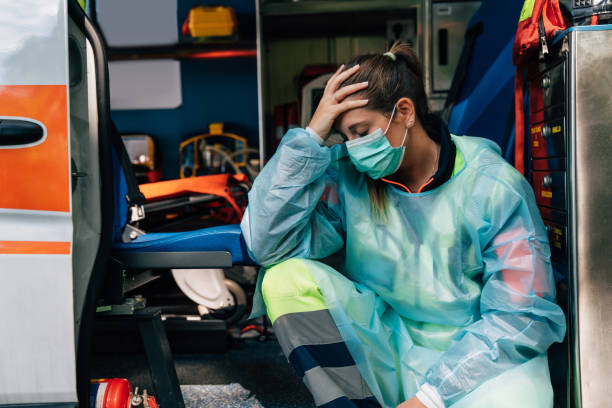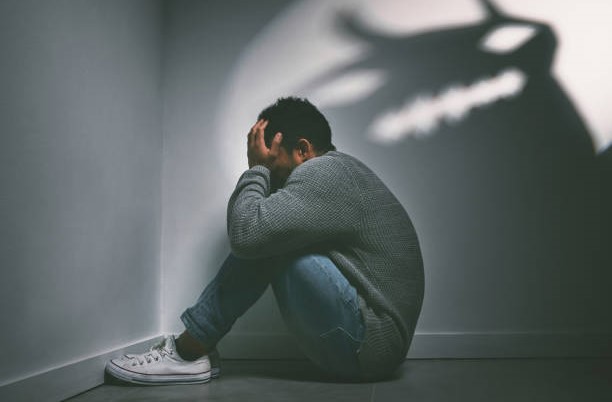While there are many definitions for the word trauma, this one includes a lot of the different aspects that can be part of a traumatic exposure and what happens after. Trauma is:
“What results from an event, series of events, or set of circumstances that is experienced directly or indirectly by an individual as physically or emotionally harmful or life threatening and that has lasting adverse effects on the individual’s functioning and mental, physical, social, emotional, or spiritual well-being.” (SAMHA, 2022)
PSP and PSP families can experience direct exposure to trauma. Direct exposure is the experiencing, witnessing, standing up to, or being involved in a traumatic event. Direct trauma is different than stress because trauma involves the experience of actual or possible death, injury, or violence, and can have long-term effects on a person’s wellbeing. Direct trauma can lead to mental health issues such as PTSD, depression, generalized anxiety, and substance use issues.
For PSP, trauma exposure incudes critical incidents, such as a life-threatening situation or witnessing a death. Operational Stress Injury can result from ongoing psychological difficulties. The number of trauma exposures can build up, and this buildup can lead to a posttraumatic stress injury (PTSI). Trauma exposure can affect PSPs’ overall health and their behaviour both at work and at home.
PSPs’ Spouses and Significant Others (SSOs) can also experience direct trauma related to PSP work. For example, SSOs can witness the threatened or real death of a loved one, be targeted by aggressive public disdain, and can experience many kinds of real or threatened violence. SSOs can also experience indirect trauma exposure.
The ripple effects of a PSP’s direct trauma can be unpredictable and very difficult for families to deal with. Families might also develop some of the same symptoms as the PSP. Indirect trauma, which is sometimes called vicarious or secondary trauma, includes single, repeated, or extreme exposure to details of a traumatic event shared by a family member or close relation or the emotional impact of ongoing exposure to a person living with a post-traumatic stress injury. Even though indirect exposure may seem less traumatic, it too can lead to serious mental health concerns, PTSD, depression, generalized anxiety, and substance use issues.
Click on any of the Learn More buttons to find out more about the topics covered.

Recognizing Trauma in Other Family Members
PSP and PSP families can experience direct exposure to trauma by experiencing, witnessing, confronting, or being involved in a traumatic event.

Understanding the "Not Thereness" of PSP
Sometimes PSP families are faced with changes in the behaviour of the PSP family member that are out of character. They are not sure what to expect, which can be unsettling.

Experiencing the Ripple Effects of PSP’s Unprocessed Trauma
When PSP transition from work to family life without adequate exit and recovery time to process their experience, they may carry unprocessed trauma which can make it difficult to relax and engage in family activities.

Posttraumatic Stress Injury
Trauma exposure can have lasting effects which impact family life.



